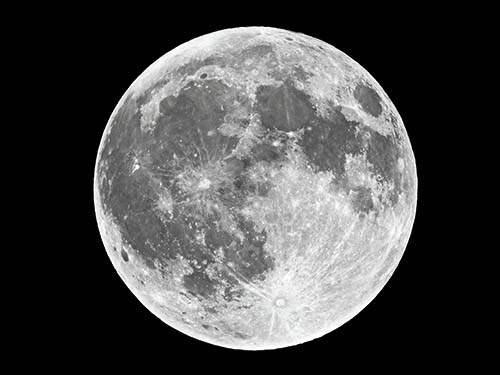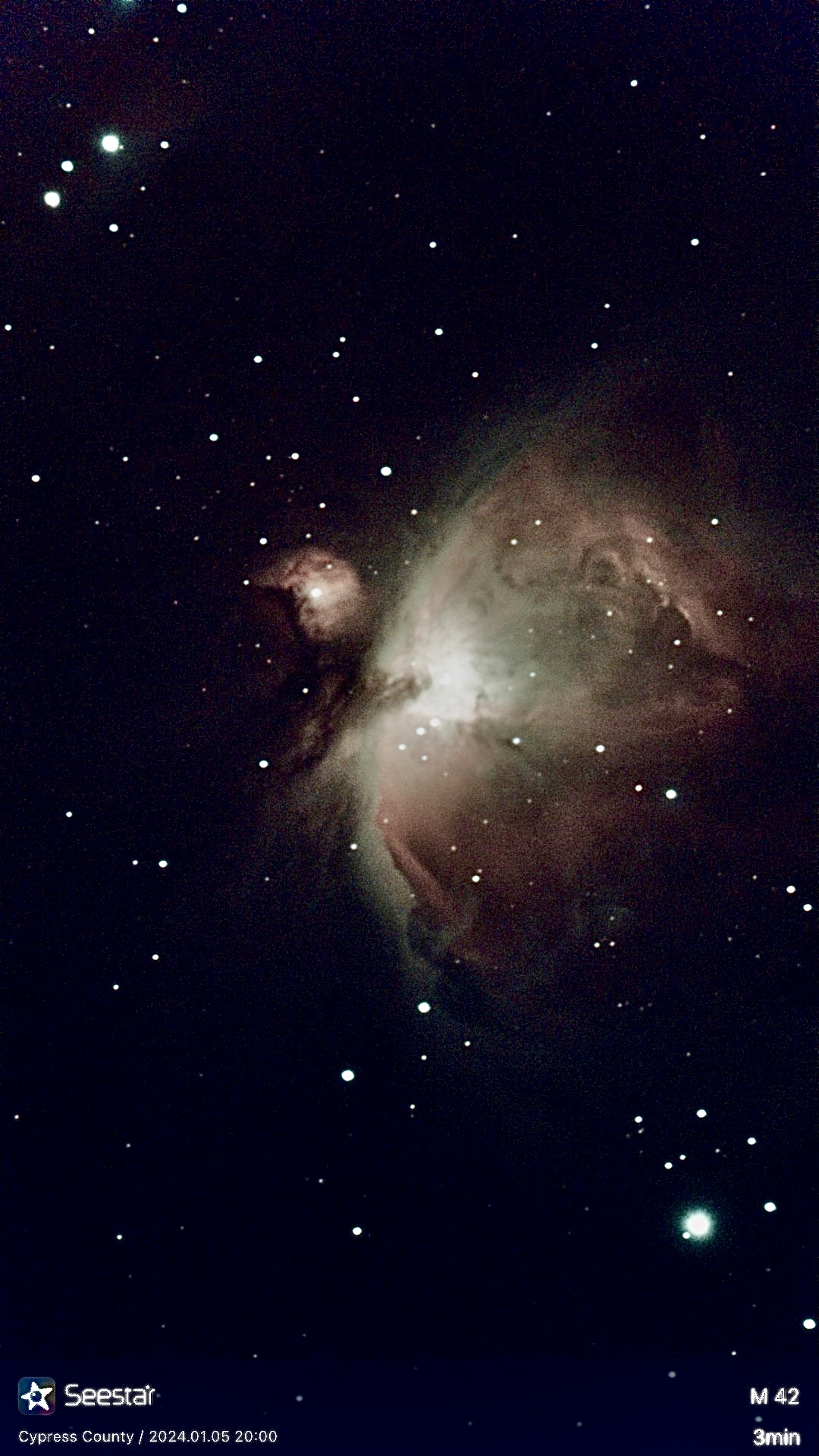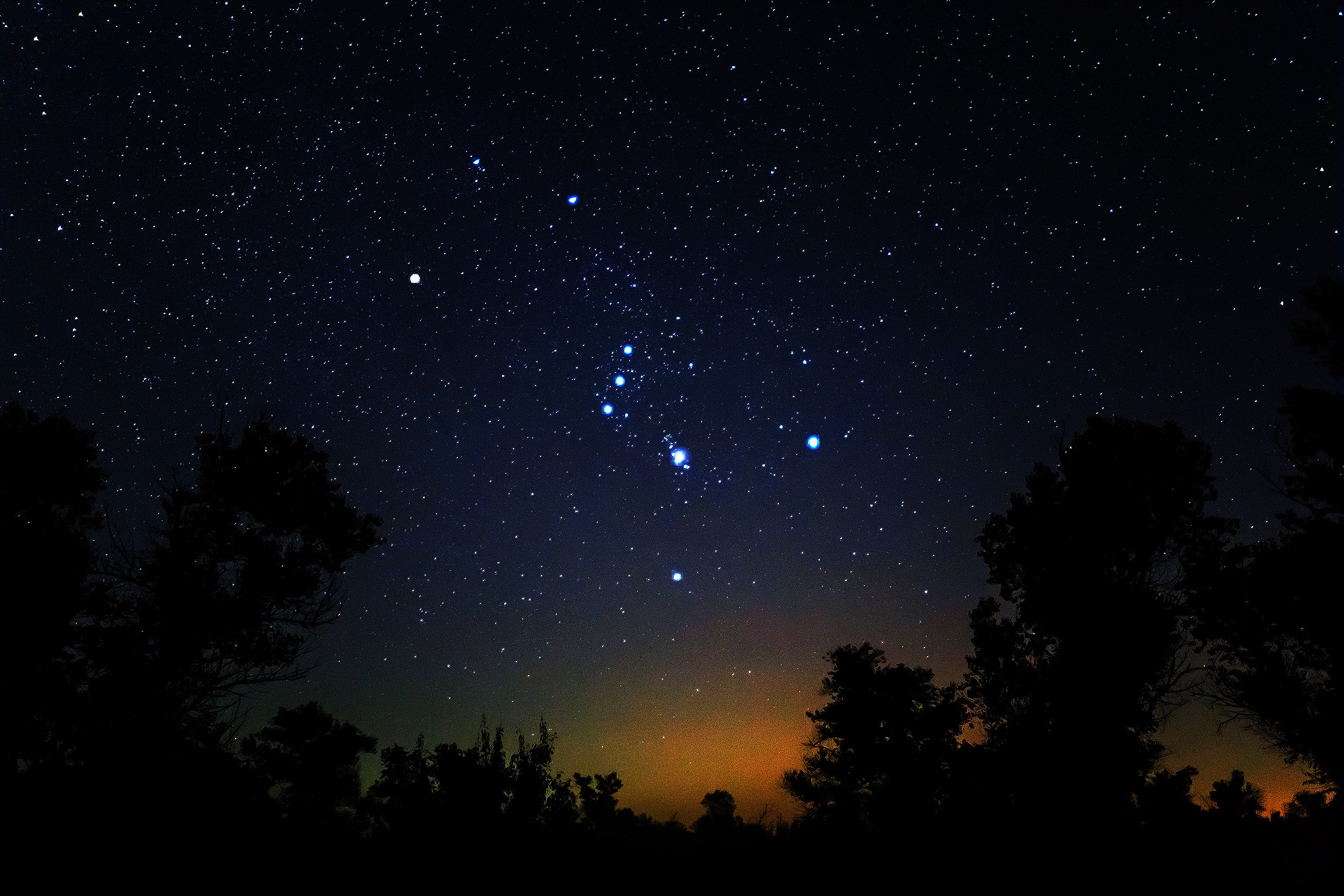
Observing Programs at Eagle Butte Observatory
At Eagle Butte Observatory, we provide the opportunity to enroll in a variety of different observing programs where you will learn how to find amazing treasures in space.
You will be amazed by how easy it is to explore the night sky through a telescope! Bring your own or use one of ours to complete these observing programs.
Registration gets you a total of 15 sessions. If skies are clear on our session night, we will work through your observing program and learn how to properly document your findings.
If skies are cloudy on our session evenings, we will stay indoors and learn about deep-sky objects, the Moon and astrophotography, and have the opportunity to explore different types of telescopes and other observing equipment.

Lunar Observing Program
The lunar observing program is designed to ignite your fascination with the Moon and help you explore its awe-inspiring features in detail.
Whether you're a seasoned observer or new to astronomy, this program offers a structured approach to lunar exploration. From observing lunar craters, mountain ranges, and ancient lava flows to tracking the phases and studying lunar libration, you'll gain a deeper understanding of our closest cosmic neighbour.
Join us as we embark on an illuminating journey through the lunar landscape, unraveling its mysteries one observation at a time.
Next course coming soon!

Winter Sky Course
Next course coming soon!

Intro to the Winter Sky
Next course coming soon!






